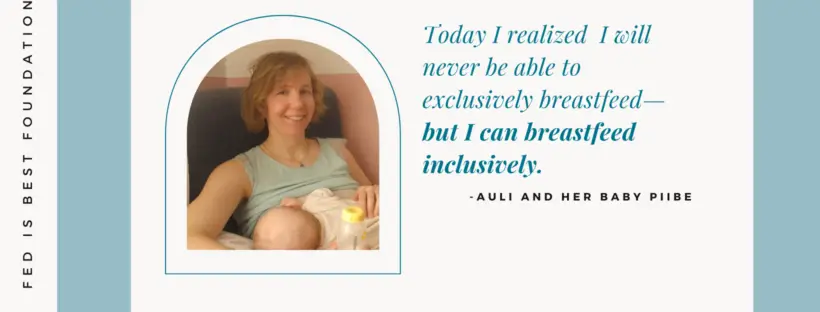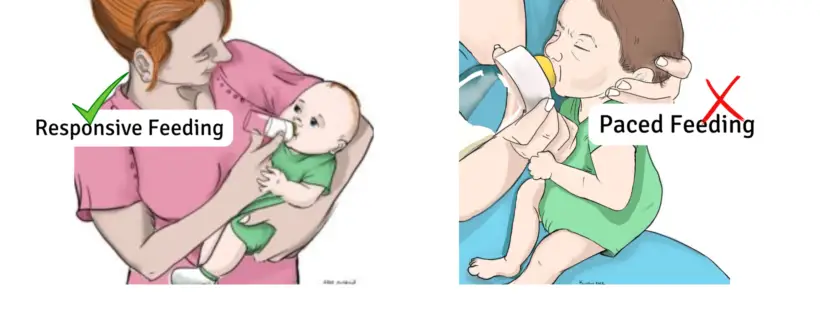Dear Pediatrician,
I am writing this letter to open my heart to all pediatricians. I’m hoping that sharing my story will encourage them to watch their language when talking to parents about infant feeding.
As a parent, we naturally want to make sure our children thrive. We entrust pediatricians to care for our children with unbiased and evidence-based information. We rely so heavily on your assurance that we are doing right by our children. We need the “you’re doing great” or “maybe try doing this instead” to help guide us through the ups and downs of parenting these little ones that did not come with an instruction manual.
Recently, I was at a pediatrician appointment with my second baby, who happens to be exclusively breastfed. Breastfeeding was easier for me the second time around, and my mental state is in a much better place.
My pediatrician began to examine him. He starts to cry as he does with everyone that isn’t mommy, daddy, or big sister. She looks at me and laughs and says, “yup, he is definitely in the stranger-danger phase now. And I bet it’s even stronger because he is breastfed. Breastfeeding just creates this unexplainable bond.”
I stood there dumbfounded and in disbelief. My pediatrician knows my daughter was formula-fed, and she knows how emotional I was when switching her to formula. But even putting that aside, she is supposed to be a trained professional and understands that breastfeeding doesn’t create “an unexplainable bond” —bonding happens with an emotionally healthy, loving parent, not by the way a baby is fed. I don’t feel a stronger bond with my son than I do with my daughter. They are both my babies, and I love them both equally and unconditionally.
Continue reading →




